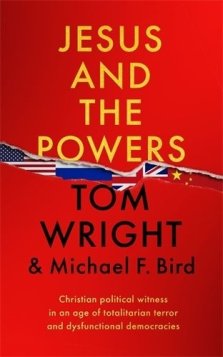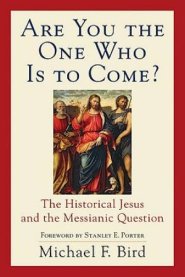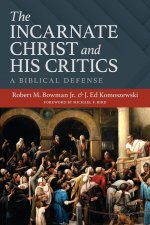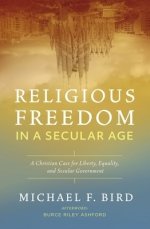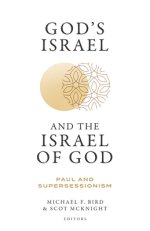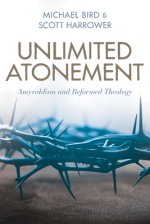This is an attractively produced volume which seems to be presenting a populist style, but actually is scholarly and serious. This reviewer was at first suspicious of such words as ?traditionalist? and ?conservative?, but the author?s position is well and clearly argued even though the bibliographical references are included in footnotes to the main text which can be irritating especially when they outnumber that text in size and quantity. All would be clearer if the references were included in an appendix, since the number of textual comments is limited and could be included in the main body or left at the foot of the page occasionally. Otherwise, all is clear enough and mercifully free of typos. The main argument is that Jesus did indeed regard himself as fulfilling Messianic functions and was at one with the primitive church in regarding himself as The Messiah, albeit with a variety of associated titles, words and actions which together have the cumulative effect of Messiahship, even if he was reticent about using the title itself openly and overtly with regard to himself directly. The ?smoking gun? is the titulus affixed over his head on the cross, in all the accounts. Other pointers include the Confession of Peter at Caesarea Philippi, The Triumphal Entry, The Anointing at Bethany and the Cleansing of the Temple. The alternative is that Jesus? view of himself was radically discontinuous with the earliest Christians (and all other Christians since) and the Romans, the Chief Priests and his enemies in general. The argument relies heavily on the Gospels, together with themes from the Old Testament, the Intertestamental Apocrypha and Pseudepigrapha, especially during the Second Temple period, but references to the rest of the New Testament are a bit thin. Although there is a scatter of Pauline material throughout, the crucial witness of this by far the earliest author seems undervalued and deserves a fuller treatment, perhaps even a chapter of its own. As it is, even the Apocalypse attracts greater attention. Bird even detects the concept of a Suffering Messiah in non-Christian literature of the Period, going back to Zechariah and associated texts about the Davidic Shepherd, and including references to the death of the Teacher of Righteousness in the Dead Sea Scrolls. Such quotations, he avers, were taken up and applied, with qualification, to himself by Jesus. However, he is vindicated and becomes the eschatological figure who judges the world of which he is King.
Trustpilot


